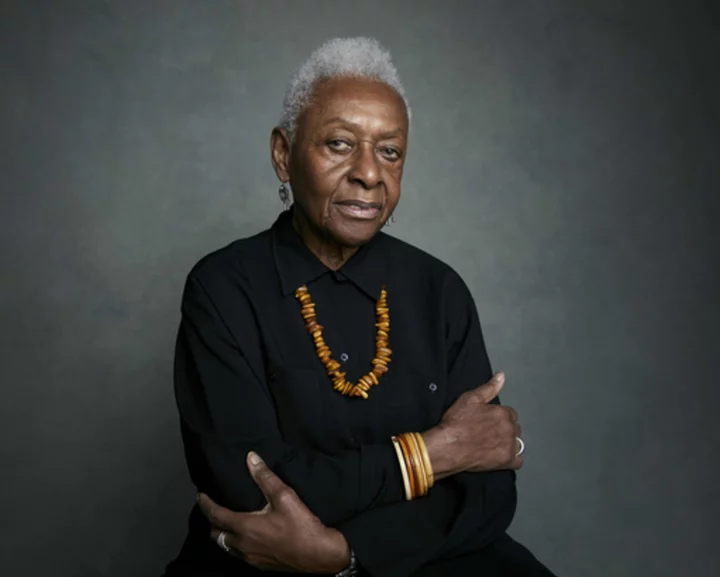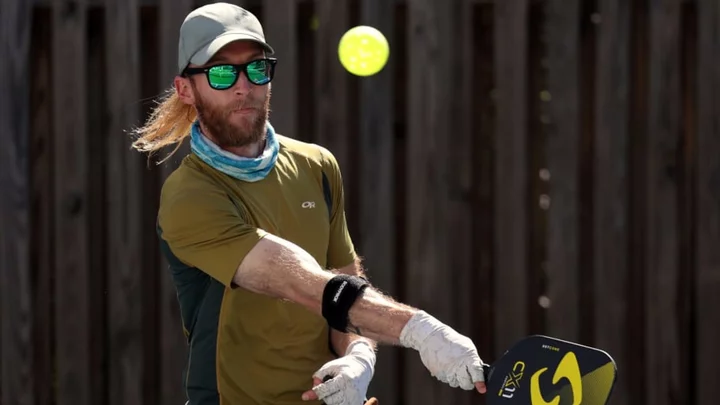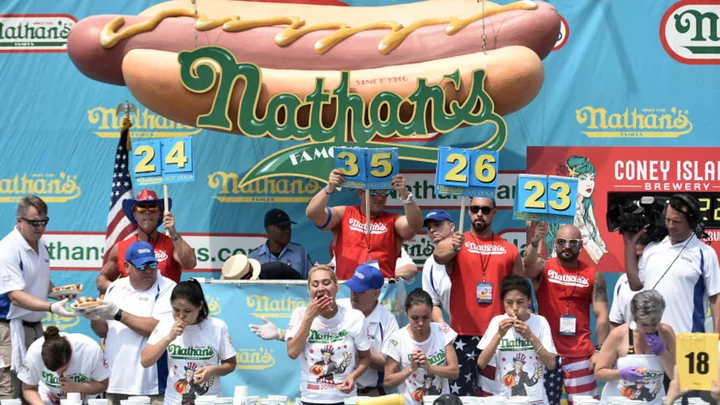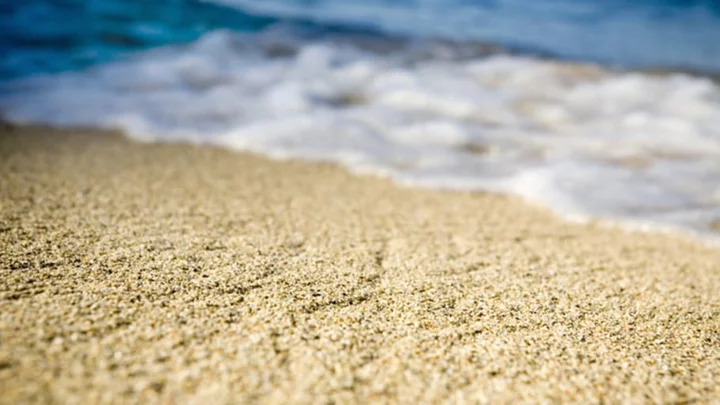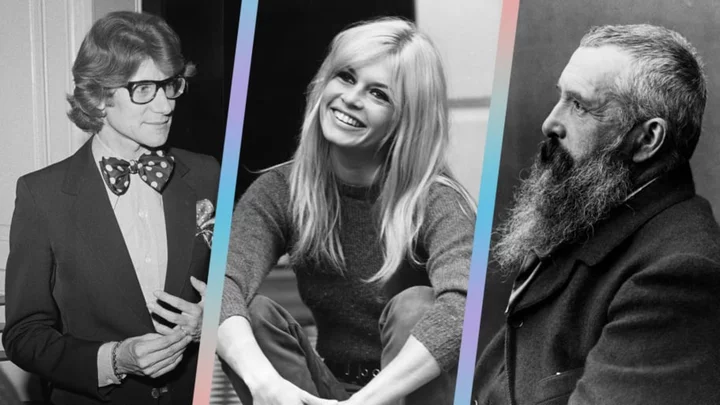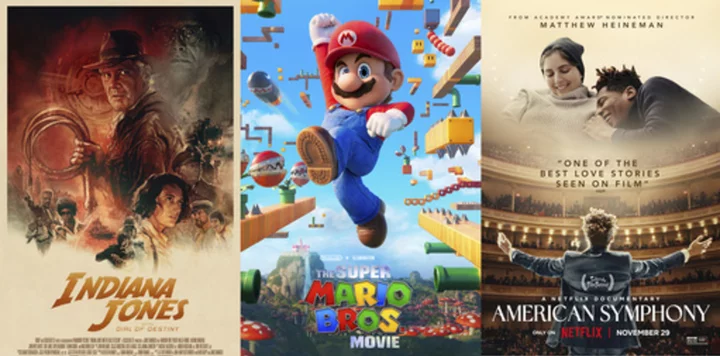NEW YORK (AP) — “I always know, because I've lived life long enough, you can change things," Bethann Hardison said at the start of "Invisible Beauty,” a new documentary focused on her more than five decades in fashion.
"You might need to be your foot against the pedal, but you can change things."
That's exactly what the trailblazer has done in the fight for diversity, equity and inclusion in the fashion industry, first as a Garment District salesperson, then model, model agency owner and activist at large.
She broke new ground as one of 10 Black models who participated in the “Battle of Versailles,” in 1973, that pitted five French designers and five American designers against each other at the French landmark. The historic fashion show marked its 50th anniversary this year.
Later, Hardison founded the Black Girls' Coalition that lent voice to working models of color, and she kept the heat on in the 1990s when the industry began backsliding on diversity. Hardison put her foot to the pedal once again in 2013 when she created the Diversity Coalition, which called out designers using no or one Black model in their shows in New York, London, Paris and Milan.
Hardison, at 80, has earned the status of the “godmother of fashion,” Tracee Ellis Ross said in the film out Friday. “She has changed the way beauty is defined.”
Hardison co-wrote and co-directed the film with Frédéric Tcheng ("Halston," “Dior and I”). Through archival footage and intimate interviews going back to her Brooklyn roots, the two offer an up-close look at her personal struggles and her place in fashion as she worked and continues to work to broaden and preserve the rights of Black people, both on runways and behind the scenes.
Hardison and Frédéric Tcheng talked to the AP about making the documentary and Hardison's legacy. The interview has been edited for length and clarity.
AP: Why was this a good time to make the film?
HARDISON: I had no choice because I had grant money, and you can sit on grant money for so long and not use it. I reached out to Frédéric, who I had gotten to know, and I told him that I needed to make this film now. At one point he just said, OK, but the only way I would do it is if you agree to be the co-director. I was just a little afraid that I couldn’t do it. I didn’t know how to do it. I hadn’t had the experience, so to have someone you can ride shotgun with was great.
TCHENG: I didn't know who Bethann was when I was asked to do a short film when she received the Council of Fashion Designers of America’s Founder's Award (2014). I got a crash course on who Bethann is and I was stunned. The reason I asked her to co-direct was to go a little deeper. I was looking for a deeper connection and kind of a human adventure. And I knew that with someone like Bethann that I could trust and that I admired, that had done so much for mentoring people and creating community, she was going to step up and bring me up with her."
AP: Bethann, what is your legacy looking back?
HARDISON: Well, it isn’t complete yet. People throw that word around and say you’re a legend and you’re queen and all these things. I think the idea is to build things as you move through life. I don’t want to leave this Earth with somebody else sort of putting it together. I want to go out of this Earth making sure that I produce the way I lived it. I have some sort of case of modesty. I don’t know how to sit there and blow smoke, you know.
TCHENG: It's not Bethann's place to say what her legacy is, but I can say it, and that's why I made the film. Bethann's legacy is undeniable. She’s really changed the way fashion looks. She singlehandedly led the industry to really change the way they thought about racial diversity and integrated the modeling industry. And she went way beyond that. Now she’s working with designers and just creating community at every stage of her life.
AP: What's the state of diversity, equity and inclusion in fashion today? There have been ebbs and flows that play out in the film. Where do things stand now?
HARDISON: If you look at the magazines, they're racially inclusive. If you look on the runways, racially inclusive. If you look in advertising, it’s racially inclusive. Look at editorials, racially inclusive. So, it hasn’t fallen back. The corporate world has definitely taken its foot off the pedal with DEI executives being let go. They were trying to give up-and-coming emerging brands the help, the opportunity, to come into retail stores and make good deals for them. Those things are changing. That's going to be the problem that we’re going to see. I think the fashion model might be here to stay, but I have my foot on the clutch, just in case.

